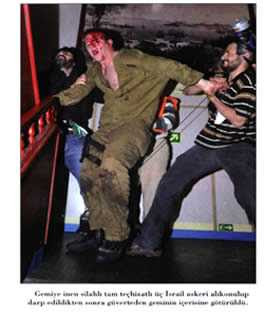 |
| (credit) |
Sukkot starts tonight, and because I live outside The Land I will not be blogging until Sunday or so. However, I think I posted enough today to make up for it!
Here are posts just from earlier today that you can peruse in my absence:
- Italian police seize 7 tons of explosives headed to Syria
- Yemen chess players fired for playing against Israel
- Is Bushehr the target of the super-worm?
- An anecdote about Islamophobia in America
- Peaceful resistance, illustrated
- Jordan to illuminate Dome of the Rock to compete with Hurva
- PA authorities now say Jewish supermarket is a Mossad plot...
- The day after the peace agreement (Barry Rubin)
- Russia calls off sale of missiles to Iran
- Hamas paranoia: Egypt opened Rafah to "trap" Hamas...
- George Galloway whines that he is "exiled from Palestine...
- Time magazine does a half-decent job at describing "settlers"...
- Moderate Fayyad can't stomach "two states for two peoples"
I also would like to thank those of you who ordered items from my resurrected CafePress store. I appreciate it! (And if you have any suggestions for other items, just let me know!)
Have a chag sameach!

 Elder of Ziyon
Elder of Ziyon




























